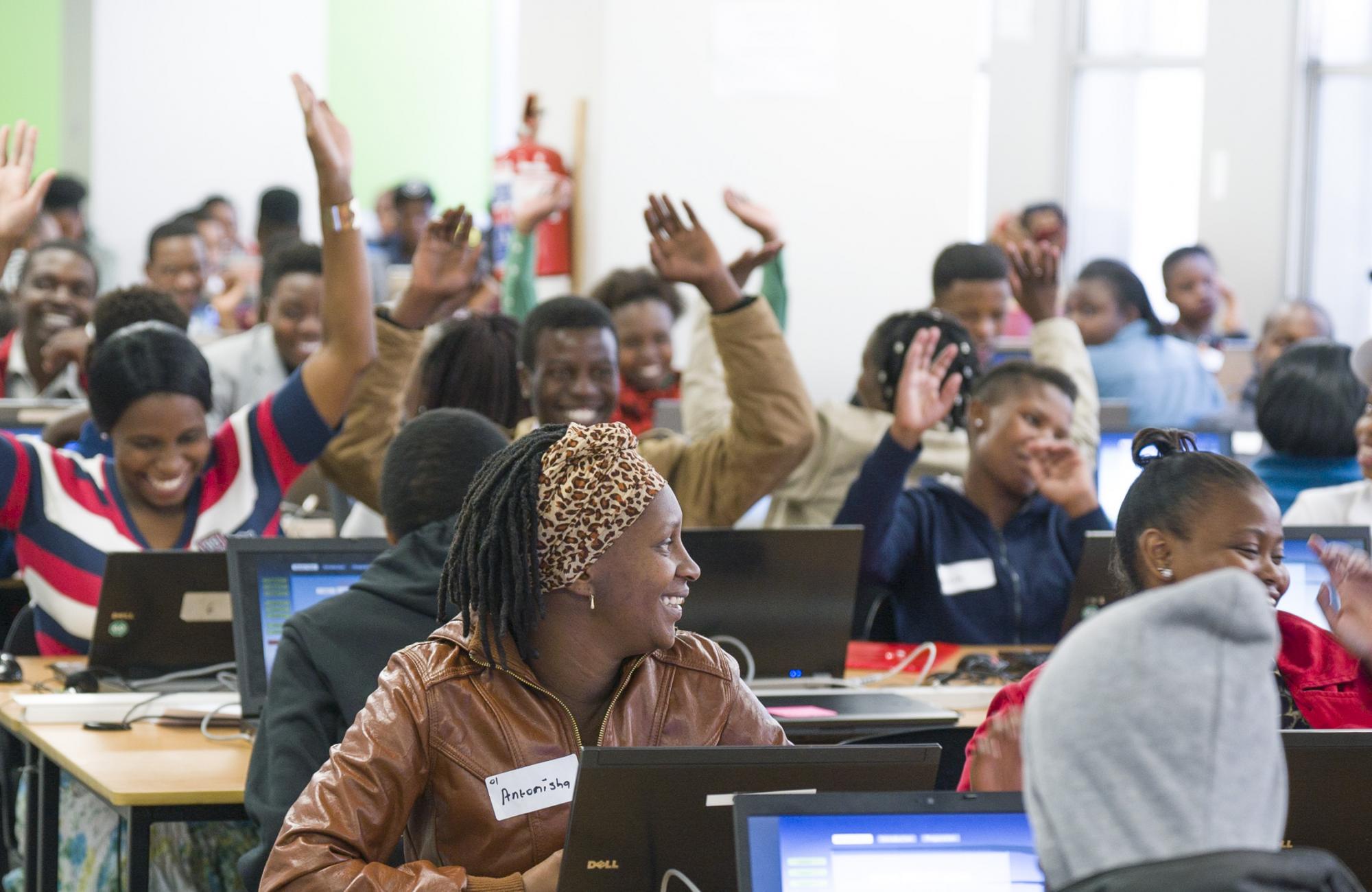Dr Louise Dalton, Dr Elizabeth Rapa and Prof Alan Stein look at how guidance around communicating diagnosis of a life threatening condition to children can be adapted to the current COVID-19 situation.
Why have governments shifted to using cash in low and middle-income countries? Dr Kate Orkin discusses the evidence supporting cash-transfers and how governments are trying to cope with widespread economic shocks and job loss caused by COVID-19.
Claire Cullen and Mahreen Mahmud feature in the World Banks blog on survey methods, and offer insights into using audio computer-assisted self-interviewing (ACASI) as a tool for conducting surveys on sensitive topics.
Dr Kate Orkin joins a specialist panel selected by the UN Office for Disaster Risk Reduction to discuss how we respond to risk and how insights from behavioural economics can inform policy and media communications.
In this VoxDev talk, Clement Imbert and Kate Orkin discuss the tools available to policymakers in developing countries that best mitigate the economic effects of the COVID-19 pandemic on society’s most vulnerable, including job retention schemes, low interest credit, and unconditional cash transfers.
How to prevent a hunger crisis due to COVID-19? Using examples from around the world and drawing on findings from rigorous research, Kate Orkin argues that cash-transfers are an effective tool for low and middle-income countries and debunks some of the negative myths surrounding them.
